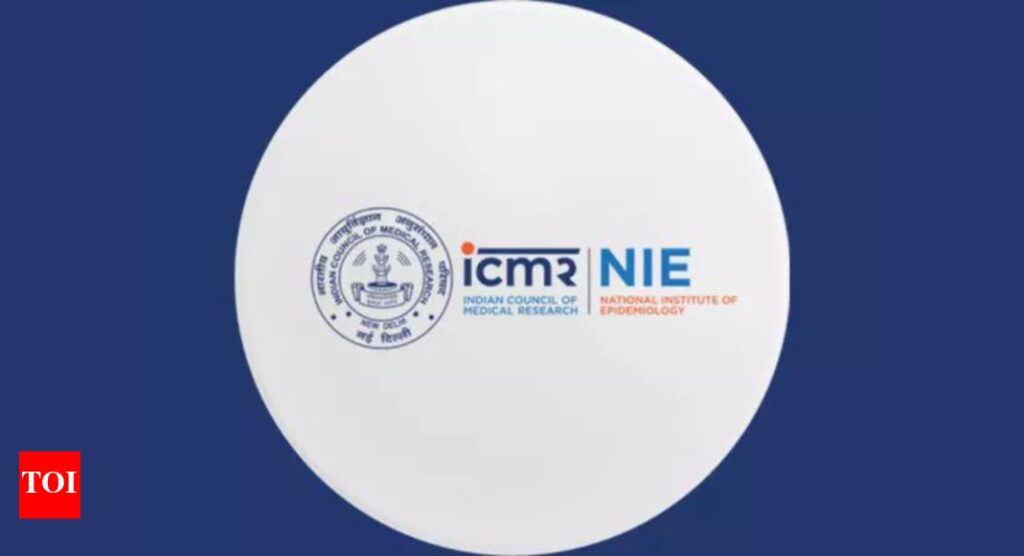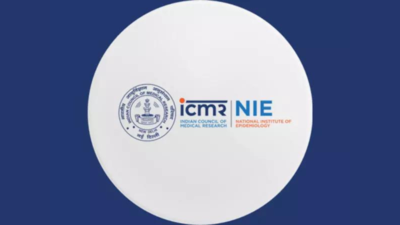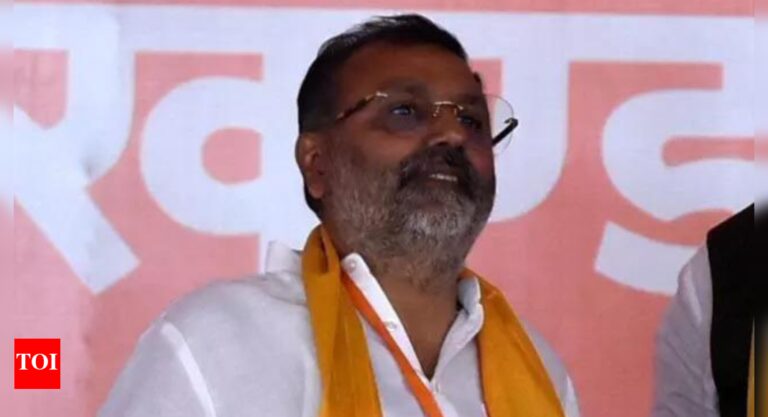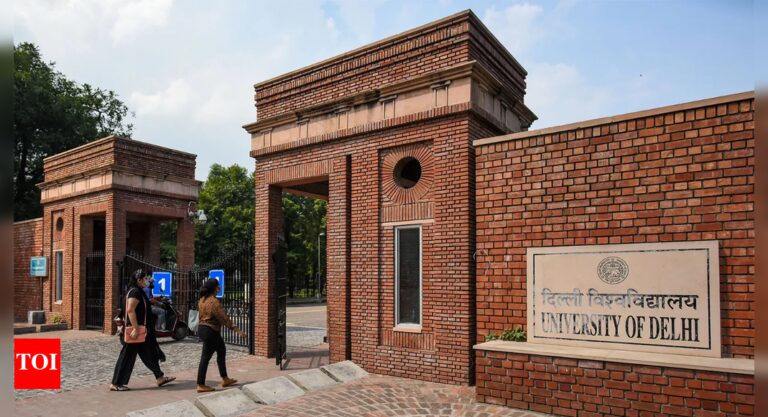
NEW DELHI: Excessive salt consumption is fuelling a silent epidemic in India with people at increased risk of hypertension, stroke, heart disease, and kidney disorders, according to scientists from ICMR’s National Institute of Epidemiology.The scientists have initiated a community-led salt reduction study to address the issue and are focusing on low-sodium salt substitutes.While the World Health Organisation recommends less than 5 grams of salt per person per day, studies show that urban Indians consume around 9.2 grams/day, and even in rural areas, it is around 5.6 grams/day – both higher than recommended. One promising tool in this effort is low-sodium salt substitutes — blends where part of the sodium chloride is replaced with potassium or magnesium salts, Dr Sharan Murali, a senior scientist at National Institute of Epidemiology (NIE) and principal investigator of the study, said. “Lesser sodium consumption helps reduce blood pressure and improves overall heart health, making low-sodium alternatives a meaningful switch, especially for those with hypertension,” Dr Murali stated.“Just switching to low-sodium salt can lower blood pressure by 7/4 mmHg on average, a small change with a big impact,” Dr Murali said.To tackle the issue of high salt consumption, the NIE has launched a three-year intervention project in Punjab and Telangana, supported by the Indian Council of Medical Research. The goal is to evaluate the effectiveness of structured salt reduction counselling in reducing blood pressure and sodium intake among individuals with hypertension, senior scientist at NIE, Dr Ganesh Kumar, who is also a part of the study, said.








